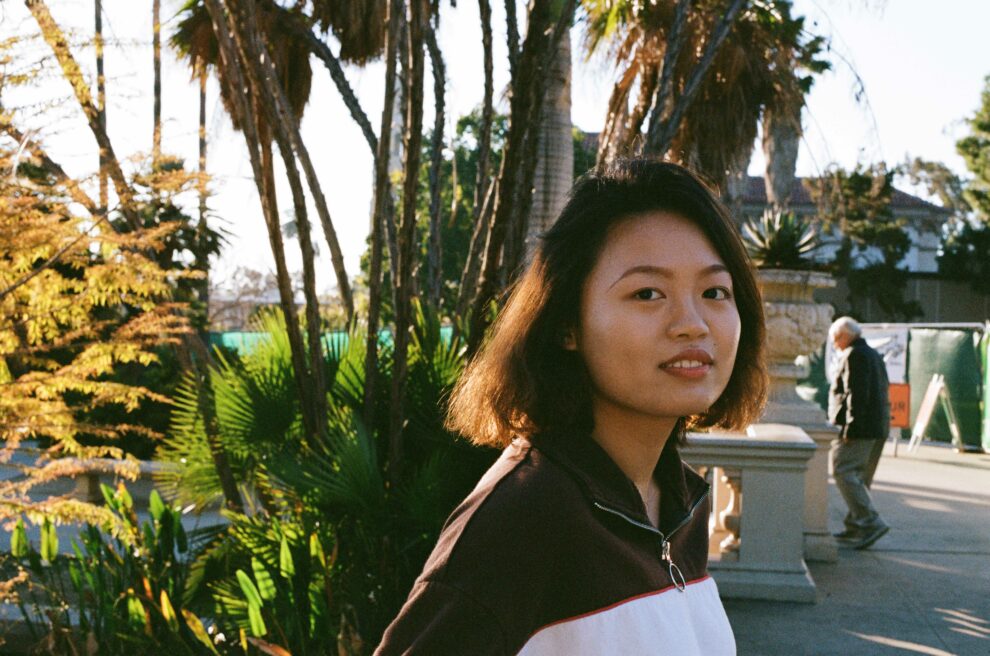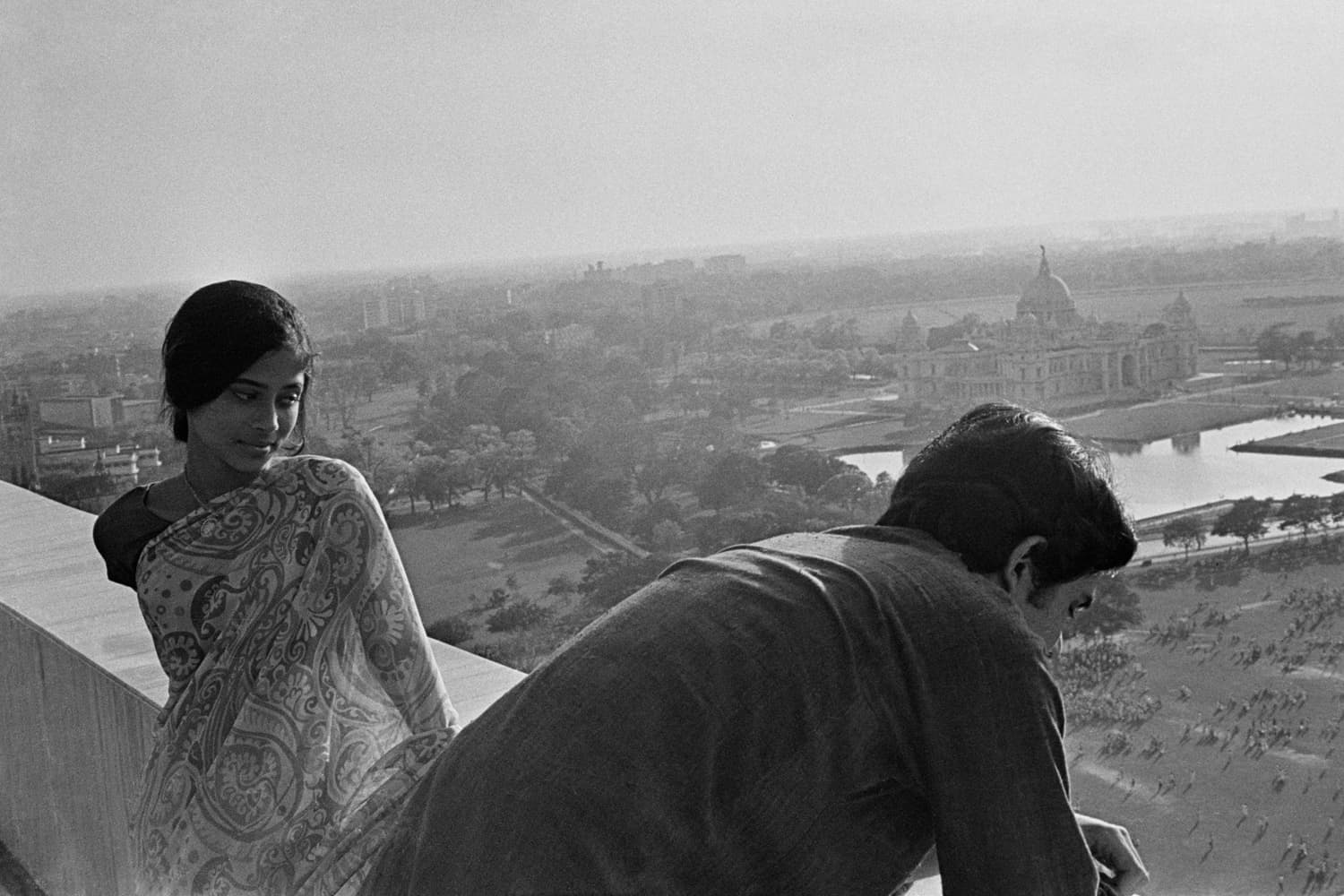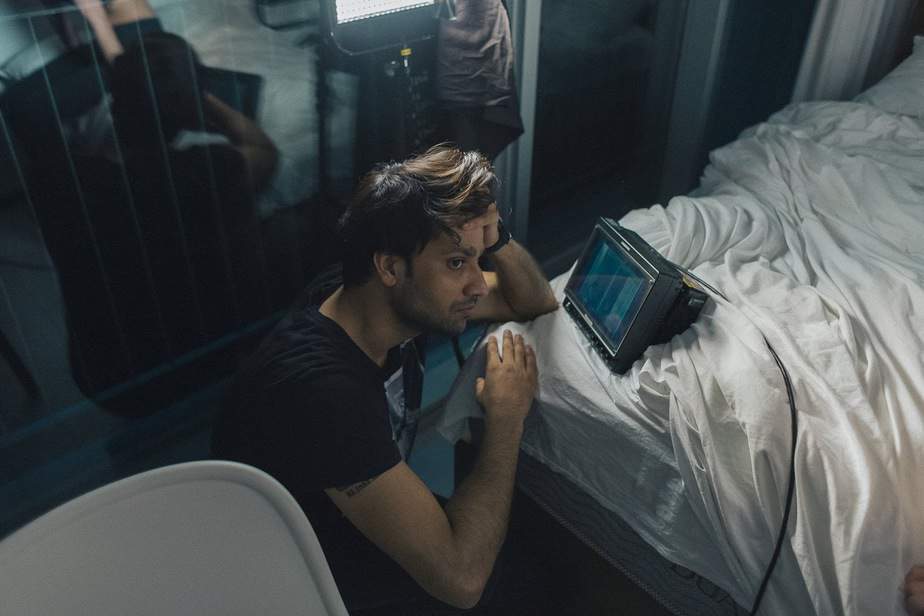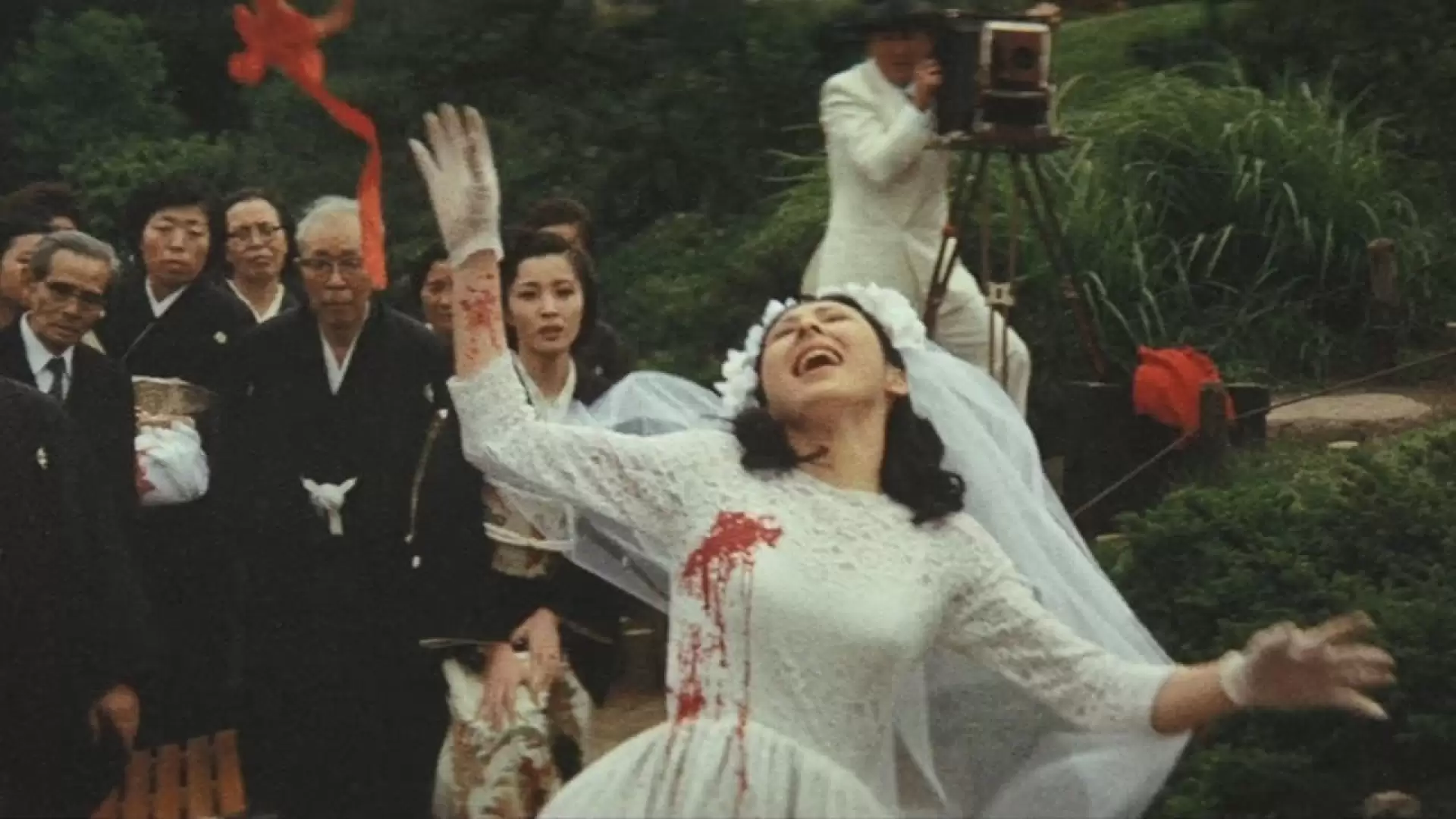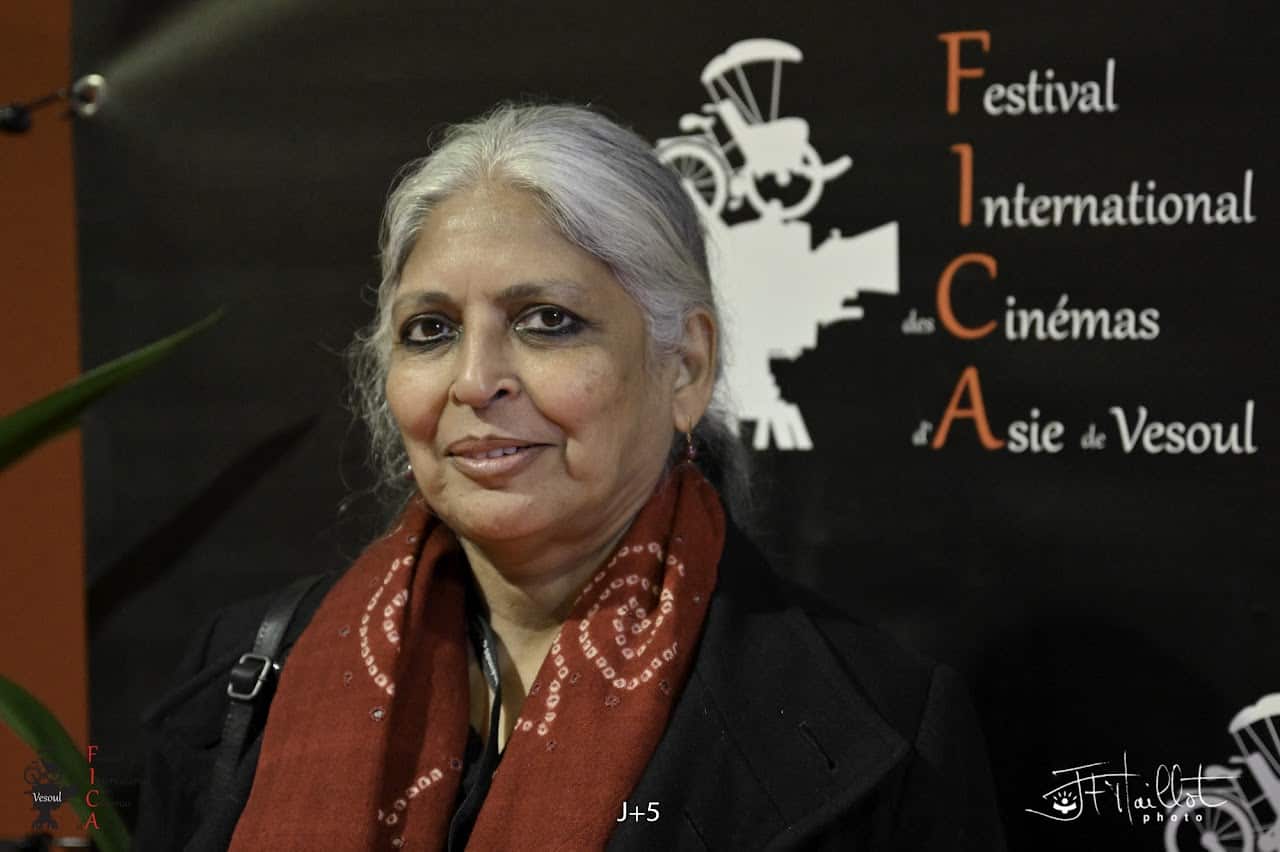Ciao Zhao is a LA-based Chinese producer with experience in narrative shorts, documentaries and commercials. As a producer at Shanghai-based digital media company Dx Channel, her documentary works have earned in total 2+ million views online. Her narrative works have been selected at domestic and international festivals including Cannes' Short Film Corner, Berlin Short Film Festival, Austin Comedy Film Festival, Indie Short Fest and Canada Shorts. With most of her works featuring the AAPI diasporic experience and female empowerment, she's looking to support the underrepresented voices in Hollywood.
We speak with her about the road that led her from Shanghai to the US, her work as a producer, financing films, Asian-American cinema and many other topics
Tell us a bit about your “trip” from Shanghai to the US and into filmmaking?
Shanghai is an amazing place to stay in for any cinephile family. Born and raised there for the first 18 years of my life, I'd go to the movie theater every weekend and attend Shanghai International Film Festival every year; my go-to cafe in the neighborhood always plays Billy Wilder movies in the background. I've always wanted to get involved in films in the back of my mind, but the aha moment happened when I was watching that iconic Tesseract scene from “Interstellar”. The second I stepped out of the theater, I thought to myself: I wanted to create this kind of experience and leave an emotional impact on others like that. Both my parents and I always knew by then that I'd study abroad, so it didn't take long for me to realize that LA is where I'd like to be.
My first year in LA was tough, as I still remember the cultural shock I experienced in different social occasions and those awkward moments where I completely blanked out on a movie reference that every American would know. I spent a lot of time catching up on all the “classic” American films that were central to Gen Z, while hopping between small sets. I was very lucky to have known many talented filmmakers who guided me along the way and learnt to see my cross-cultural background as an advantage instead of a weakness. I found myself much more drawn to the story than to the visuals of a film, and I love working with writers to help their scripts become better. I also really enjoyed the process of building a team from the ground up and putting it all together, even if it means dealing with the tedious logistics that a lot of creatives hate to handle. Once I discovered where my strength aligns with my interests, I immediately realized that producing is my calling.
What do you consider to be your strength as a producer?
I see my well-roundedness as my strong suit. I had a lot of event-planning experience before dabbling into producing, so I came in with the organization and multitasking skills that are required for the job. Meanwhile, because of my professional experience in development, I'm also pretty good at dissecting a screenplay and offering creative notes that can elevate a story. This half-business, half-creative mentality has been valuable in indie projects, since I can play the roles of both a creative and a line producer, and I've been very fortunate to have worked with writer-directors who put their trust in me.
On top of that, I came from a documentary-making background, where I would send hundreds of emails a day seeking a potential subject and spend hours chatting with my interviewee to open him up. I really learnt how to interact with different people, and the uncertainties that are inherent in the documentary field equip me with the ability to quickly react in the face of an unexpected crisis. A lot of the directors I've worked with always describe me as their safety net and a major source of emotional support, mostly because I'm so used to crisis management on the fly that I always look calm from the outset.
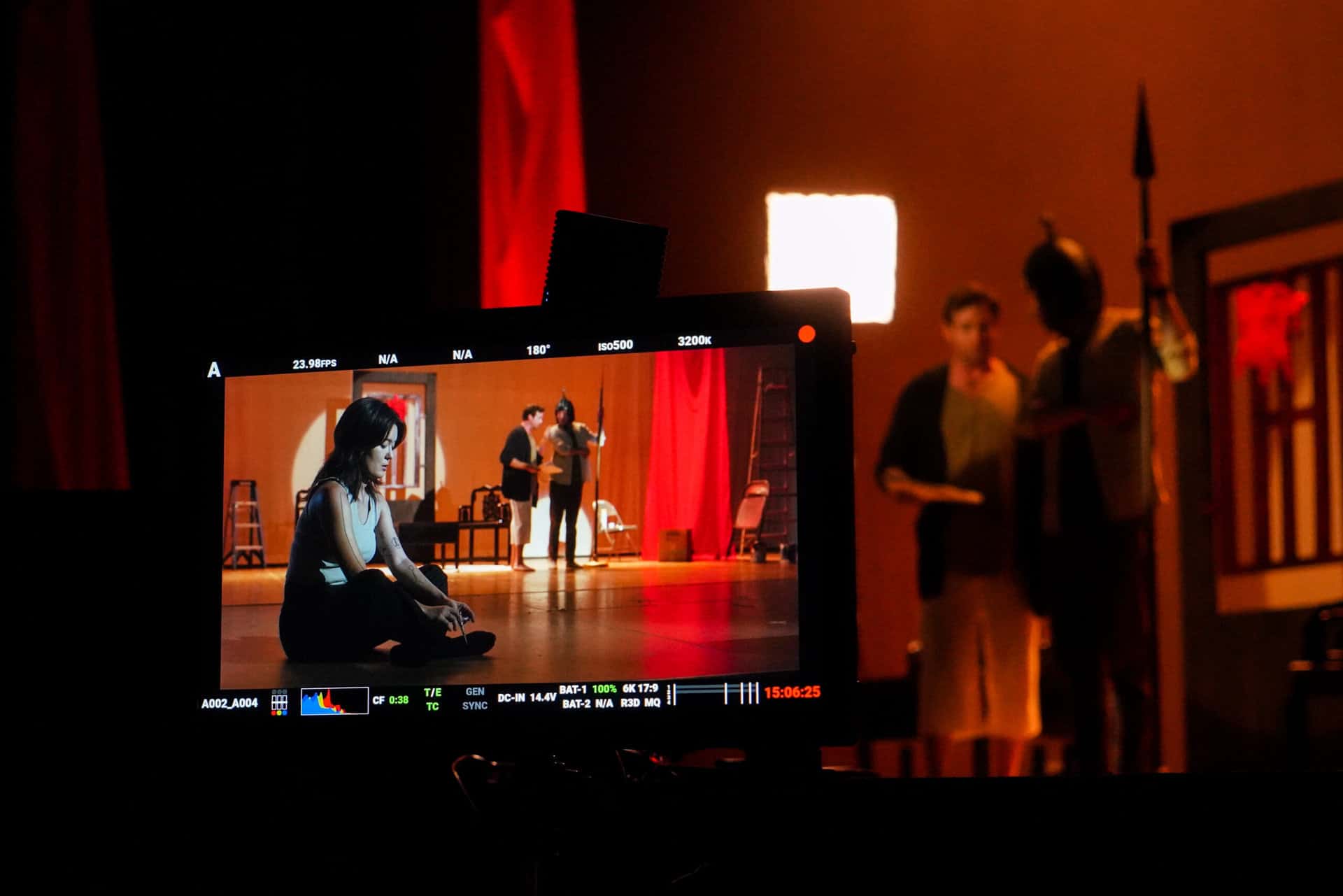
How do you choose the films you work in? How do you manage to finance them?
Picking a project is always a twofold process for me: I'm looking for a good story, and I'm looking for a good collaborator. Short films in particular really rely on concepts and unique creative voices. Whenever a script is put in front of me, I always try to reach the bone of the story and ask myself two questions: Is this a story that's worth telling? Am I the best person to help bring it to reality? This is why most of my past projects had centered on the AAPI diasporic experience or the theme of female empowerment. Fortunately, many of the stories I got to work on also received outside recognition, including semi-finalist at Hollyshorts (Academy Award-Qualifying), quarterfinalist at Female Voices Rock Film Festival and Second Rounder at Screencraft Film Fund. Beyond a great story, I would also like to work with directors who can be both assertive and collaborative, so they'll be open to suggestions that can help make the story better but also know when to stand their ground.
Financing has always been the biggest challenge in any short film productions, given that there's no immediate return for investors. The easiest way to gain traction is always through public fundraising. There were multiple times where private investors or organizations found us through a fundraising post. For my first narrative project “The Story of This Life”, I got connected to a nonprofit organization named 7PM Literary and Film Salon through a friend who's not in the industry, and for my other short “Call for Cassie”, we received partial funding via the advocacy organization Korean American Leaders in Hollywood. In these cases, the key is to establish a clear narrative in the fundraising process about what the film can represent for the marginalized communities and the amount of social impact it can possibly generate. At other times, I'd be more proactive and engage in community outreach, which comes down to applying for every film fund out there and cold emailing organizations or local businesses that might share the same mission.
Tell us your most memorable moment across any projects.
It's definitely the fourth day of principal photography for “Dancing in a Forbidden World”. The film is a music-heavy period piece about a dutiful Chinese-American woman who reluctantly joins the infamous Asian nightclub and soon finds herself liberated through the world of provocative dance. We were filming all the big set pieces that day, so there were almost 60 cast and crew members on set. All the extras performing onstage that day are actual jazz musicians, and they started improvising in between takes. Our actors and some crew members were dancing to the music, and we practically turned an old warehouse in Downtown LA into a 1940s nightclub. That was the moment when I truly felt the movie magic, and knowing that I was part of the team that made the magic happen feels absolutely fantastic.
How would you describe the level of Asian-American productions at the moment?
I arrived in LA the year that “Crazy Rich Asians” was released, so I got to witness a lot of the exciting changes in the industry. To me, “Everything Everywhere All At Once” is definitely a game-changer, not only because it is one of the best films out there, but also because it reflects the next phase of Asian American stories. The film is still depicting an experience specific to the AAPI immigrant community, but all those conversations surrounding existentialism, mental health, sensory overload and familial love are broad and timely for all. I really appreciate its universality in that sense. Obviously, true-to-life drama about the AAPI struggles is hugely important in today's conversations, but personally I'd also love to see more AAPI films that have mass appeal and just happen to feature an AAPI talent at the front and center.
You have worked for Austin Film Festival, Shanghai International and LA Chinese Film Festival. How was your experience there, and how does that contribute to your journey as a producer?
I really enjoyed participating in a film festival, since that's the easiest way to encounter great stories and find promising filmmakers out there. I actually recently discovered that some of the filmmakers I've been tracking since LACFF have gone on to work on some features that I was a huge fan of. It's amazing to be able to follow others' professional journeys in this way. I've been involved in the selections of the main competition as well as the film market, and being on the other side really helps you understand the contributing factors for a movie's success at the festival circuit and with potential distributors. I'm not saying that anyone should be making a film solely for the purpose of getting accolades– and we shouldn't. But if the goal of a filmmaker is to connect with a bigger audience, then film festival recognition will be an important step along the road, and it doesn't hurt to glimpse into the perspective of the other side.
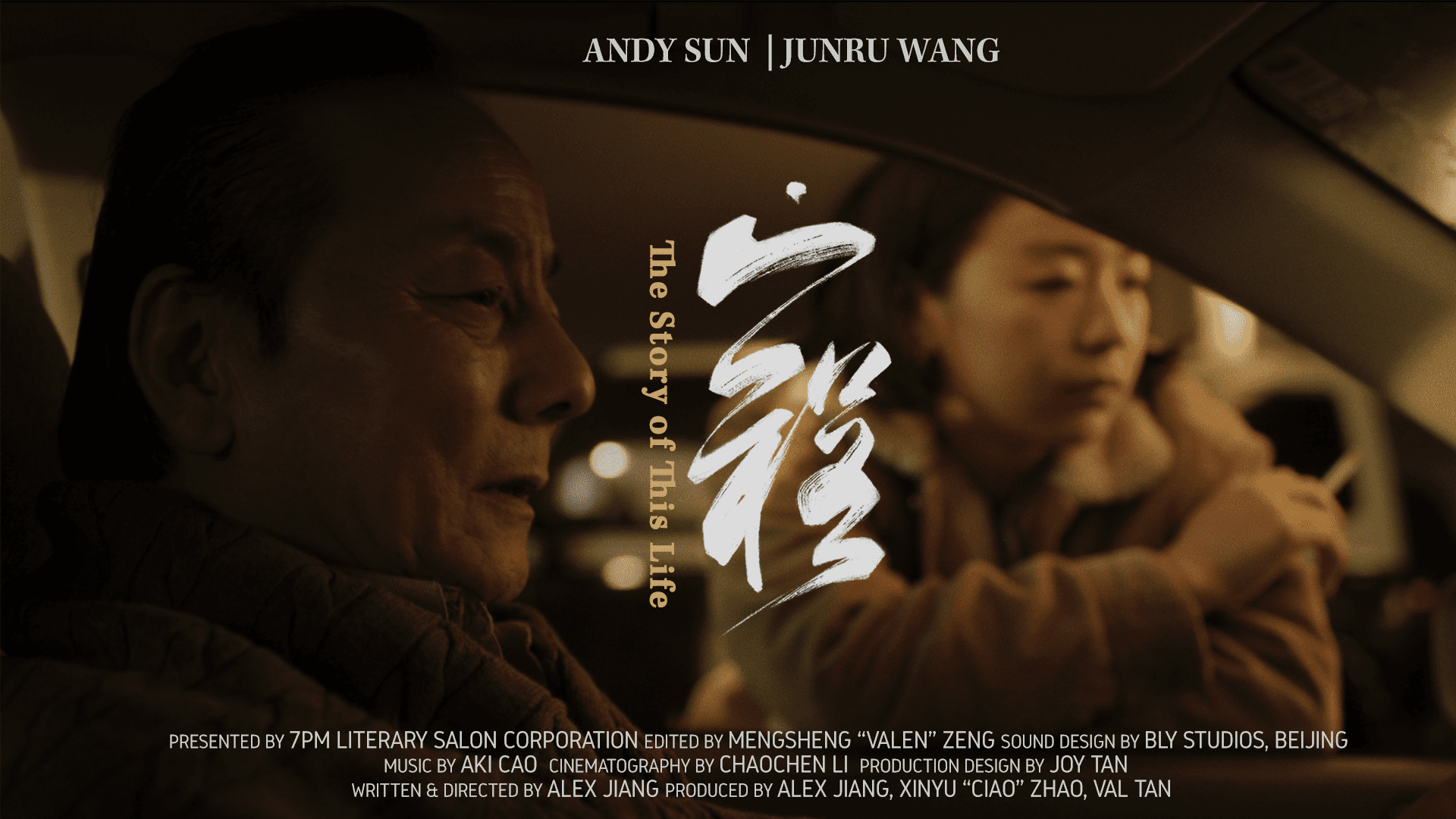
Are you working on any new projects?
I'm working full-time at a production company now, so I'm getting involved in more feature projects. From a creative producing perspective, I'm actually more accustomed to giving notes to feature scripts, just because there's so much more space to develop a fleshed-out character arc and a relatively established structure that usually works in the commercial space. The business side of things is obviously a lot more different and challenging given the scale, and I'm still learning the ropes in this world.
That said, I'm still on the scout for any exciting short projects and up-and-coming filmmakers, and I would take on smaller productions here and there just to keep myself familiar with the craft. I'm also helping a couple of writer-director friends develop their first features. The front runner is a period piece drama named “The Border Crossed”, centering around a middle-aged female customs officer in 90s China who hopes to bear a child without the restraint of marriage, and fights to bypass the One-Child Policy. The writer-director Alex Jiang and I are long-time collaborators at this point, and we're very familiar with each other's creative voices and communication styles, so the back-and-forth conversations are definitely pushing the story to a better place. It's also interesting to think about the fact that our first project together is about death, and now we're working on a story about birth. This will be a very challenging story to put on screen, given its scale, setting and other realistic restraints, but we're both really excited by the potential of the story.


